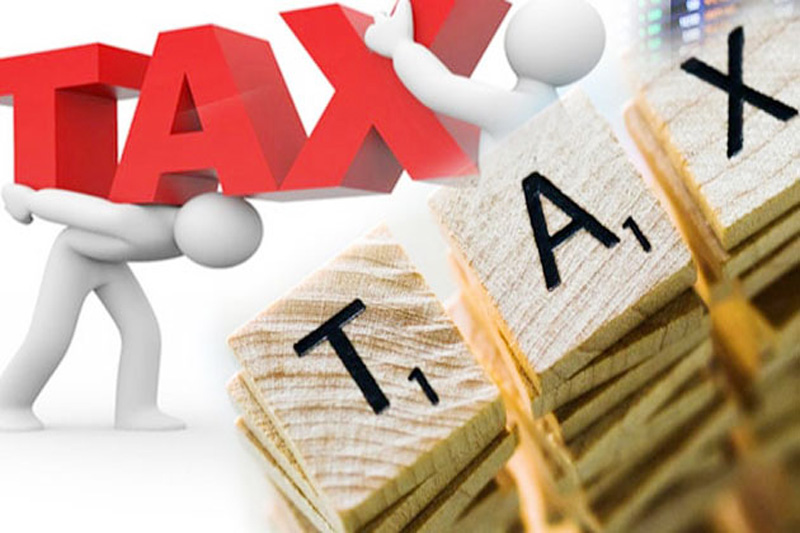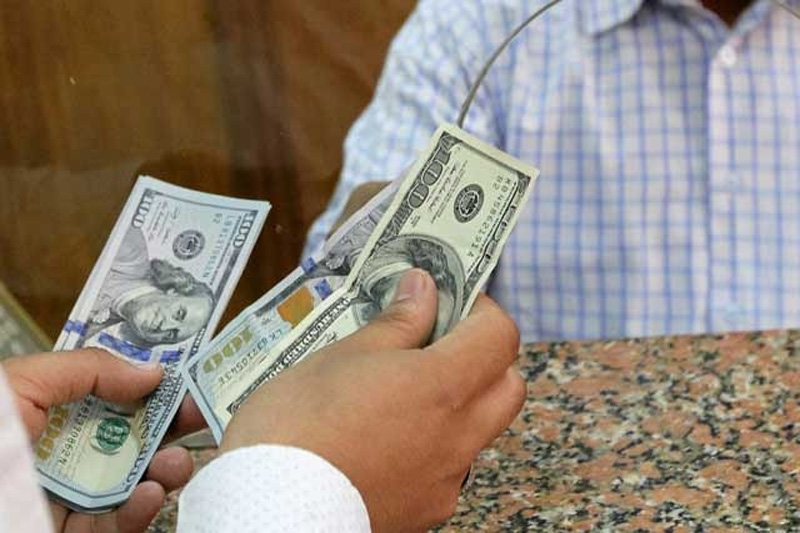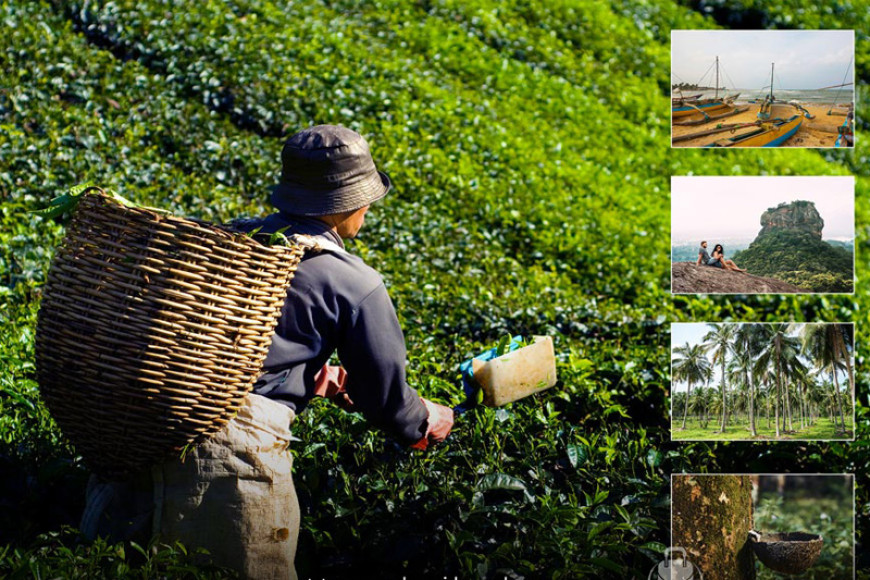Sri Lanka's fiscal performance improved significantly during the first five months ending in May 2024, driven by strong revenue-focused fiscal consolidation measures by the government.
These measures resulted in a considerable surplus in the primary balance and a reduction in the overall budget deficit.
The continuation of these robust fiscal measures enhanced all key fiscal indicators, including the overall fiscal balance, current account balance, and primary balance, both in nominal terms and as a percentage of the projected GDP during this period.
Government revenue and grants saw a significant rise compared to the same period in 2023, largely due to increased tax revenues from VAT and excise duties following recent reforms in these areas.
The broadening tax base, fueled by growing economic activity and improved tax administration, such as mandatory registration of professionals for income tax, also contributed to higher income tax collections in the first five months of 2024 compared to 2023.
Additionally, the easing of import restrictions led to an increase in import duty collections during the reviewed period.
The marked increase in tax revenue is expected to be further bolstered by the swift implementation of measures to enhance tax administration and institutional reforms within revenue-collecting agencies, which are crucial for maintaining this revenue growth momentum in the medium term.

The Central Bank of Sri Lanka (CBSL) anticipates headline inflation will remain below the target in the coming months and is expected to stabilize at the 5% target with the application of appropriate policies in the medium term.
In its August 2024 monetary policy report, the CBSL highlighted that economic growth recovery toward the potential level is expected to persist over the medium term with the right policies in place.
Furthermore, it noted that the CBSL operates under a Flexible Inflation Targeting (FIT) framework, aiming to keep inflation at the target rate of 5% while supporting the economy's growth to its potential level.
The CBSL's Economic Research Department released its second Monetary Policy Report for 2024, following the requirements of the Central Bank of Sri Lanka Act, No. 16 of 2023, based on the information considered by the Monetary Policy Board in its July 2024 policy decision.
The report offers forward-looking insights into the economy, particularly regarding inflation and economic growth, and assesses the risks to these projections, considering ongoing and anticipated domestic and global developments.
Following a temporary spike in early 2024, headline inflation dropped significantly, owing to lower energy prices, a slowdown in food inflation, and subdued demand conditions.
Headline inflation is expected to remain well below the 5% target in the short term and gradually stabilize around the target in the medium term. Economic activity continued to rebound in 2024, supported by the gradual restoration of macroeconomic stability, low interest rates, and growing investor confidence.
The Sri Lankan economy is projected to maintain its growth momentum in 2024, gradually moving toward its potential over the medium term.
In response to requests from exporters, their representatives, and various government bodies, the Sri Lankan government has decided to relax the rules governing the repatriation of export earnings.
This decision comes despite the ongoing issue of some exporters hoarding foreign currency in foreign banks, which has deprived the country of essential foreign exchange since 2009.
These fraudulent practices have been enabled by lax enforcement of the Foreign Exchange Control Law, formerly known as the Exchange Control Act, which mandates the return of export earnings to Sri Lanka within six months.

The new regulations, titled "Rules 01 of 2024," were published in the Extraordinary Gazette on July 1, 2024, and are set to be enacted under the Sri Lanka Central Bank Act No. 16 of 2023.
These updated rules aim to give exporters more flexibility in managing their earnings amid current economic challenges.
The proposal, presented by President Ranil Wickremesinghe in his role as Finance Minister, received approval from the Cabinet of Ministers and is now awaiting final approval from Parliament.
The issue of exporters hoarding foreign exchange overseas has led to significant losses for Sri Lanka, with the Central Bank revealing that nearly $3 billion in export earnings were kept abroad last year alone.
An official think tank report estimates that Sri Lanka has lost approximately $53.5 billion over the past 12 years due to this practice.
In response, the Central Bank's revenue monitoring unit has been actively tracking export conversion and dollar earnings through a mechanism developed in collaboration with customs since July 2022.
However, data collection has been challenging, with only 57 percent of exporters responding to a questionnaire sent by the Central Bank, making it difficult to gauge the full extent of the issue.
Some traders have been found manipulating the declared value of imports and exports, either overpricing or underpricing goods to move money overseas.

The Central Bank issued regulations in February 2021 to oversee the repatriation of export earnings, requiring all licensed banks to submit reports to the Director of the Foreign Exchange Department. Despite these efforts, the total merchandise export value is still based on statistical values submitted to Customs, which may not accurately reflect actual earnings.
The Central Bank emphasizes the need for a shipment-wise export remittance monitoring system, developed by the ICT Division of Customs, to address these discrepancies.
Sri Lanka Customs, governed by a 150-year-old ordinance, faces challenges in handling free trade agreements and export valuation, leading to issues such as undervaluation or overvaluation of commodities like tea and products under the India–Sri Lanka Free Trade Agreement.



